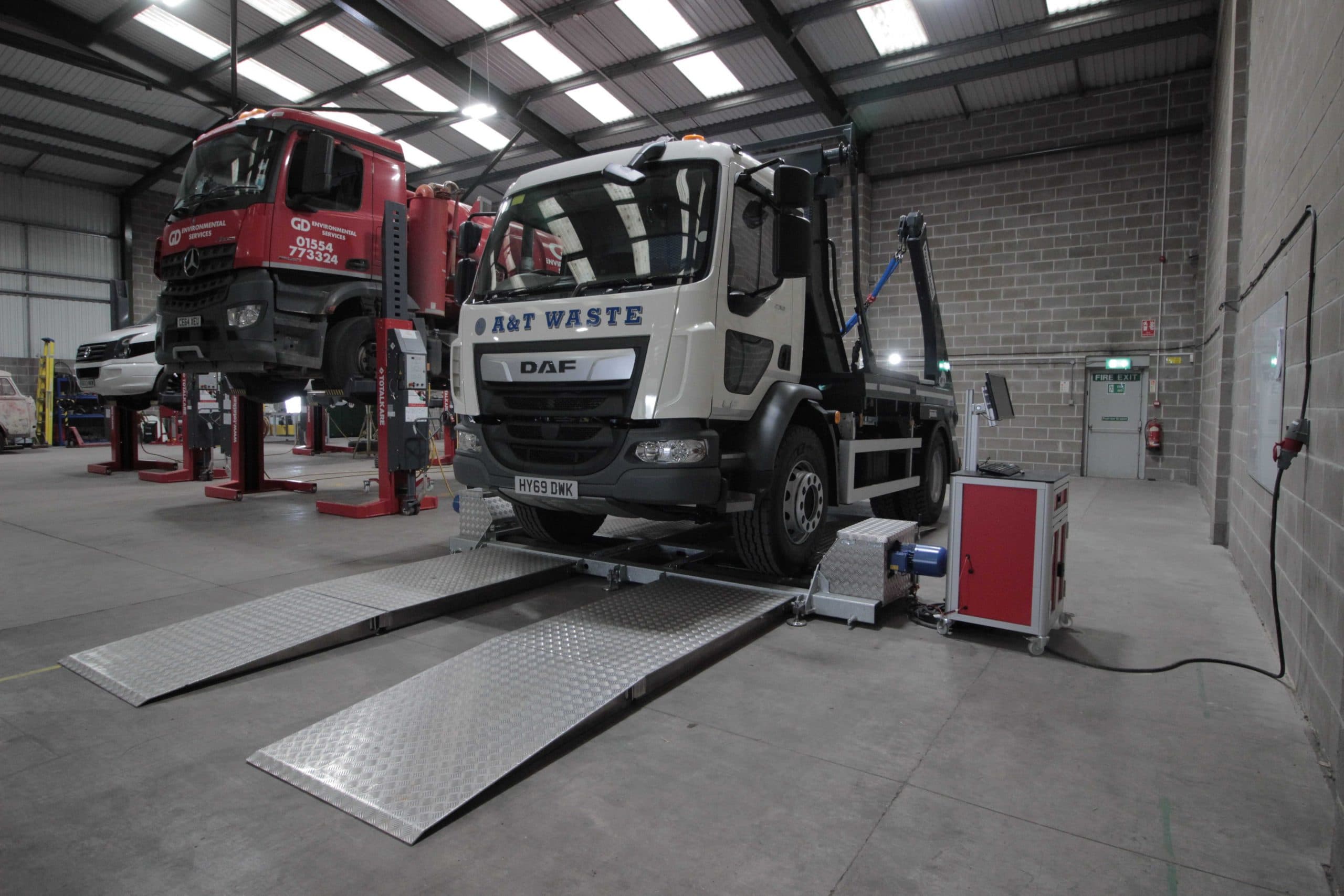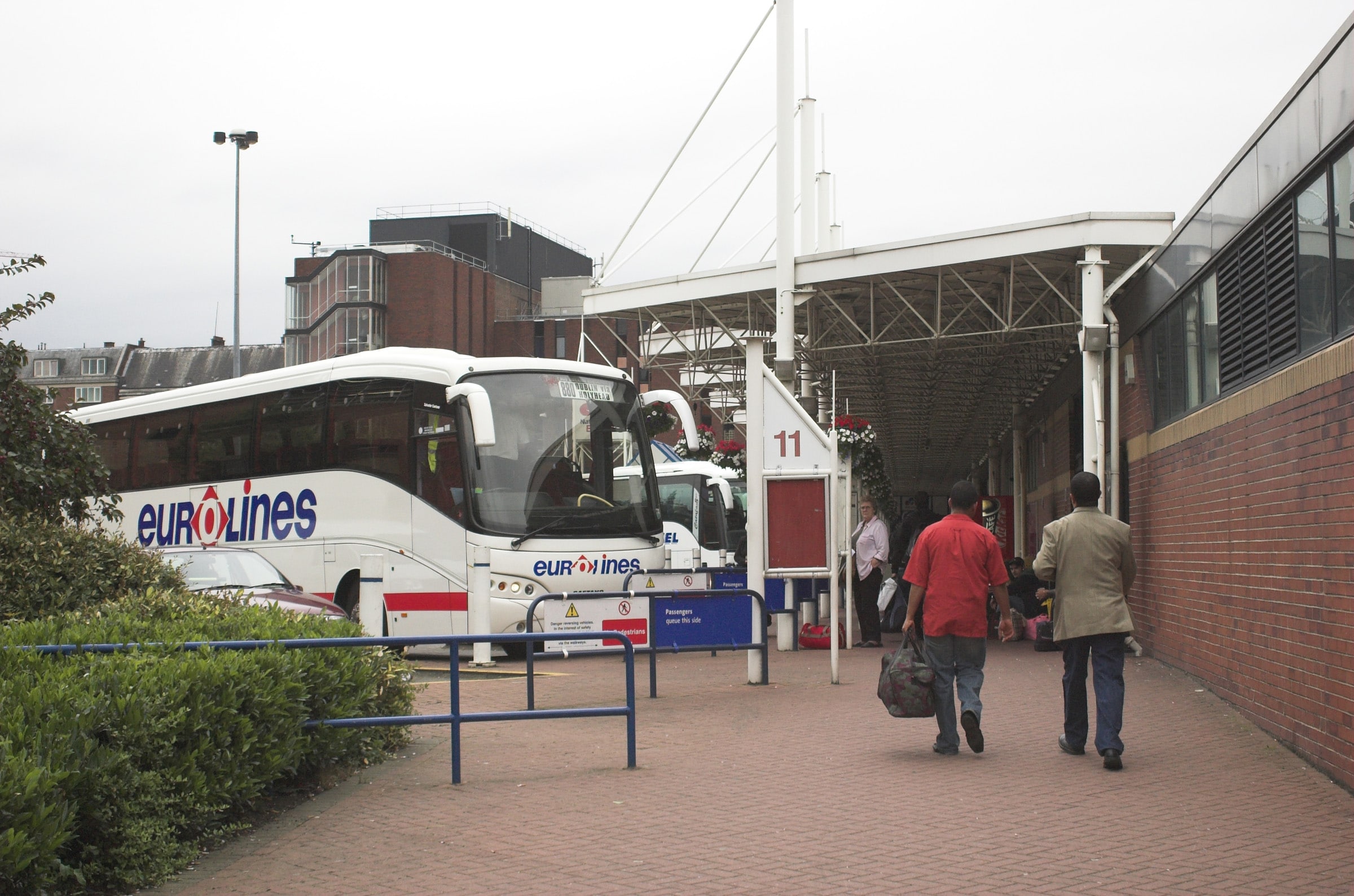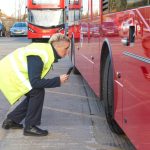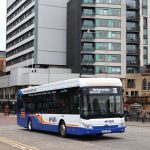The landscape of funding within coach and bus has changed under the effects of coronavirus COVID-19. routeone speaks with coach and bus funding expert Mike Austin to find out, from a finance provider’s point of view, what operators need to be mindful of when purchasing vehicles in 2020 and beyond.
With over 30 years of expertise in the world of coach and bus funding, Mike Austin of funding provider Crystal Business Finance is well placed to examine the market during the coronavirus COVID-19 pandemic. Recently, routeone approached Mike to learn what operators and vehicle dealers will need to consider if engaged with the changing landscape of vehicle trading after coronavirus COVID-19.
COVID-19: A warning
There is a clear warning in the effects that the global pandemic has had on the coach and bus funding world. And that is that due diligence must be the core of future business.
With coach and bus marked as a ‘heavily impacted industry’, simply finding a funder will be the first hurdle.
To this end, Mike stresses the first key point: Operators seeking finance should not have a multitude of brokers looking at the same deal. “It can run the very real risk of four or five brokers presenting the same deal, and funders don’t wish to be involved in the transaction,” Mike says. “This can restrict the availability of finance.”
Further to this, Mike recommends that when operators look to brokers, they should consider one which is specialised in the coach and bus industry. It sounds obvious, but with a multitude of brokers working across all sectors of UK finance, there are plenty without the necessary understanding of the industry, which could open up risks down the line. “You would also want a broker who has been in the industry for considerable time,” Mike adds. “Brokering is not just about placing deals – it’s how you deal with that deal going forward.”
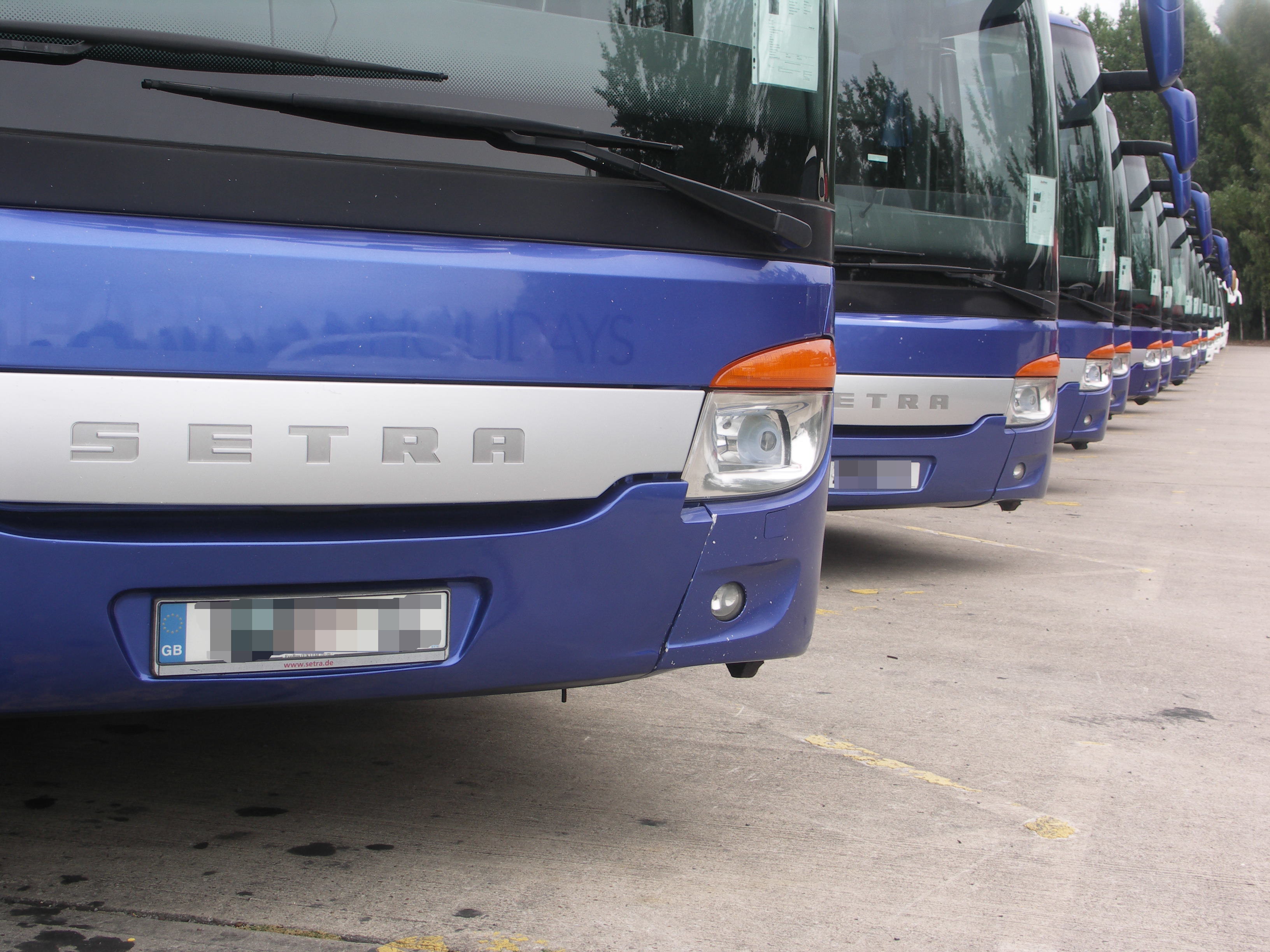
A deal means more than simply making payments on time. That has been particularly obvious with the necessity of payment holidays during the pandemic. The length of experience of a broker has being paramount in assisting the industry through the past few months. The pandemic has also shown the advantage of knowing a broker with a wide spread of funders, and one which has an experience of similarly difficult times such as the 2008 financial crash.
A wide funding panel means higher likelihood of finding a deal. Many funders have ceased lending until the financial consequences of the pandemic are dealt with, while a broker with a strong funding panel will be able to find a lender with limited exposure to those negative consequences which can place a deal where normal sources of finance might turn the offer down.
Access to the Coronavirus Business Interruption Loan Scheme (CBILS) has been important, but is now ending. Mike warns that most funders will cease to approve deals under CBILS in September. The scheme has meant the government will pay the interest of the first 12 months of the agreement and underwrite 80% of the loan amount for the funder (the client remains responsible for 100% of what it has borrowed, but the funder could claim 80% of any losses back should the deal sour). This has given comfort to some lending to the coach and bus market, but the lender should ensure they would have have offered funding to a coach and bus business prior to coronavirus COVID-19 under their own lending criteria.
Good brokers take time to know an operator’s business and ask the right questions, Mike adds. A broker must target the correct funders and have good knowledge of how the funders are operating.
The dealer perspective
After worldwide consequences of an interruption of business, vehicle dealers have been left exposed by the pandemic. There is likelihood that they will be more conscious of deals going forward. This could mean dealers seeking acceptance letters to ensure funding is in place to finance vehicles. An acceptance must last for several months to ensure that the vehicle can be built in time.
In addition to ensuring finance facilities are in place, dealers should be considering whether cash deposits will be necessary against orders for a new coach or bus.
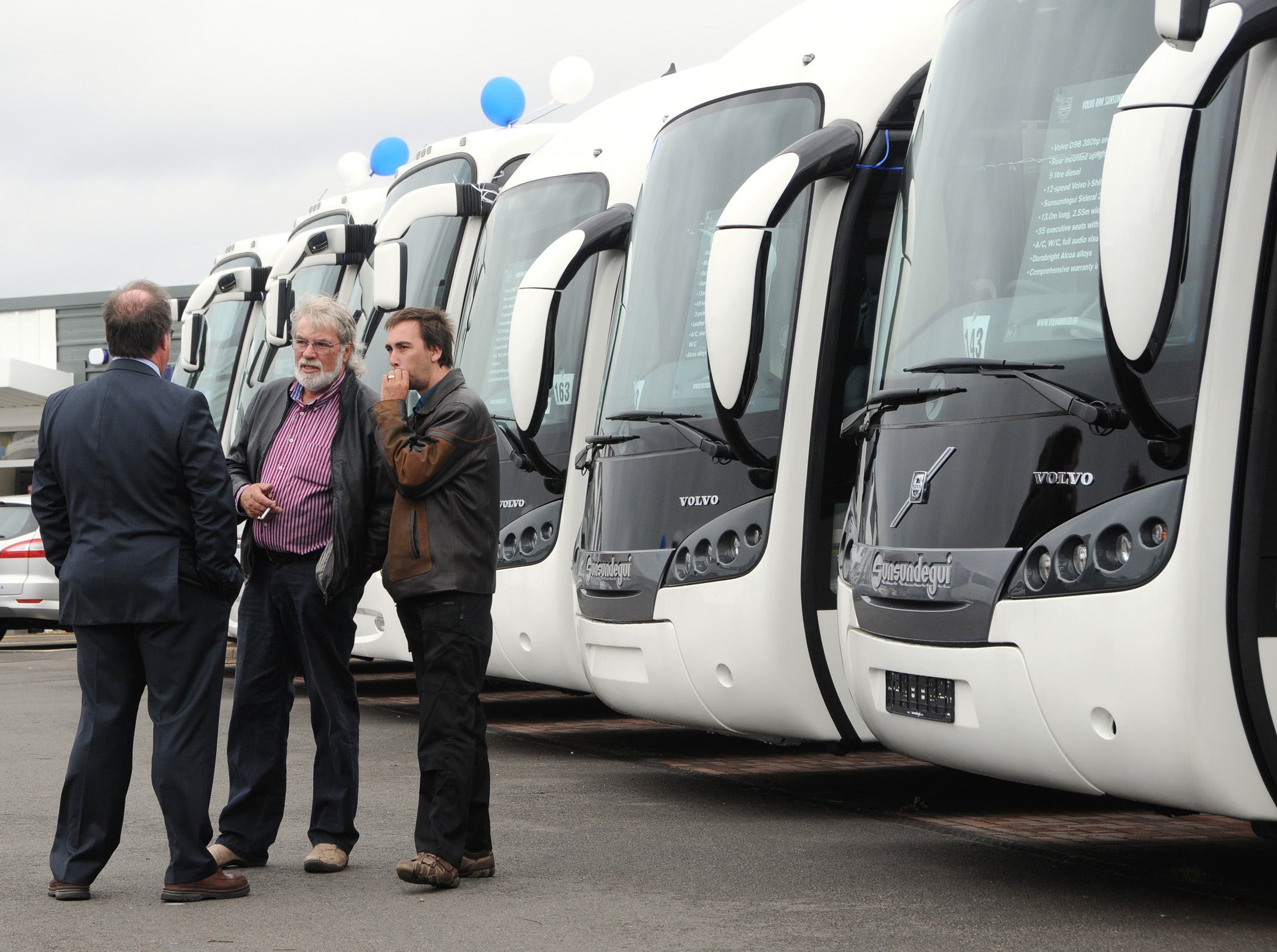
There will be other thought necessary from manufacturers, dealers and suppliers. Underwriters will look at ensuring vehicles are priced correctly. For example, in the last six months, with the end of operators such as Shearings, and a saturation in the used vehicle market, depreciation profiles on some models have been alarming.
Finance providers are also likely to ask why operators are looking to buy vehicles. Is the purchase speculative or profit-driven? During a period when many vehicles are declared off-the-road and not earning income, a funder is less likely to help a speculative purchase. If on the other hand the purchase is contract-backed due to a local authority, educational work or commercial contract, an underwriter is likely to look at this favourably. Mike adds that operators should be ready to make note of precautionary measures being taken during this period and show how the vehicle will earn money and return payments.
Crystal Business Finance designed its own form in this time asking pertinent questions, such as whether staff have been furloughed, vehicles given Statutary Off Road Notices, insurance cover has been reduced, and whether operators have applied for CBILS or bounce back loans. “An underwriter will want answers to those questions, and they are questions operators will not have faced before,” he says.
What you as an operator need to provide
An operator should be prepared to provide a funder with 12 months’ worth of bank statements, Mike suggests. Brokers and funders will need to see how businesses were trading before and during the pandemic. Finance companies will be especially interested in operators who have built up cash resources, so they have the knowledge that operators have money to fall back on.
“Don’t be scared to give your bank statements out,” he adds. “That’s a true reflection of what’s happened over the last few months. Be open with your details, let the broker have a look at your statements and make the decisions on your behalf.”
Further, underwriters will want to see that operators are in control of their business, and that financial information is up to date. Operators which may not have kept monthly or quarterly management information should make this a goal. Finance providers are looking to see which routes make money and where profit is made. “A funder has every right to know that information,” adds Mike. “It’s worthwhile having a bookkeeper telling you on a monthly business whether your business is profitable, as this is what underwriters will want to know for the next 12 months.”
Details of vehicle contracts may also be necessary moving forward – proof that the local authority has asked for this purchase. And pertinent information about the business’ commitment to the purchase will be necessary – whether this is a new commitment, or a replacement commitment that will be relieved by cash flow from a part exchange now or later on.

Information is key
When examined, all of the above might seem like common sense. But it is worth repeating; operators must ask themselves why they are making a purchase in 2020/2021, and what it will do for their business. Will it bring profit, and is there funding in place? Are normal sources of funding still lending? Is the level of deposit, part exchange and length of a finance agreement offering the best protection should something go wrong?
This leads to the consequences. With some operators giving personal guarantees against assets, it is not just vehicle repossessions they have to worry about. And this is exactly what Mike hopes the information provided here will avoid. “There is nothing sadder for a broker than to see a company it has nurtured and helped for the last 10 to 20 years or more go bust.”
Since the collapse of coach and bus purchases in April, which Mike estimates was down 90%, some business has since returned. Contracted purchases are returning slowly but surely. Contracts backed by educational work are expected to return in September while commercial contracts, whether new or longstanding, are now being updated as lockdown measures are eased. Tourism business paints a gloomier picture; that business is ‘non-existent’ Mike observes, and major purchases of new touring vehicles are not expected until 2022.
In the meantime, funding providers continue to offer a lifeline to operators. The issuance of payment holidays has been essential for the survival of many. A second forbearance period has helped to delay many repayments until October, and now it is incumbent on government to ensure children return to school and that local authorities resume educational work. “And that is not just essential for the coach and bus industry,” Mike adds, “that is vital for the entire economy.”





